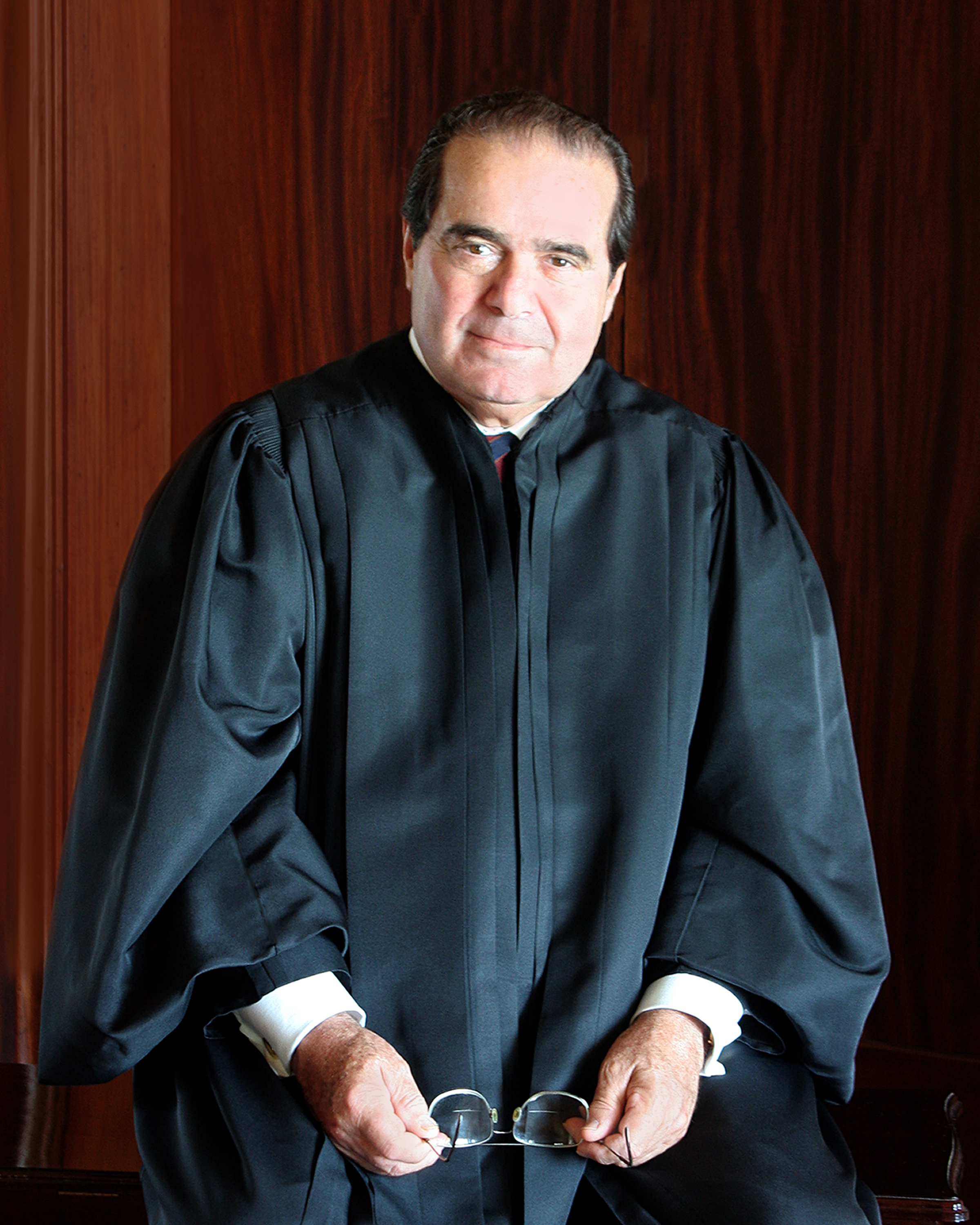
Photo: Michael Dwyer/Associated PressJustice Clarence Thomas, near the end of a little-noticed hearing involving issues of domestic abuse and the potential loss of gun rights, asked his first question from the Supreme Court bench in 10 years.
The morning's first session was nearly over when Ilana Eisenstein, the assistant solicitor general arguing the government's position, asked if any of the justices had any more questions for her.
That's when Thomas leaned forward and, in his booming baritone, launched a line of inquiry so far unexplored in the hourlong hearing.
"Can you give me another area [of law] where a misdemeanor violation suspends a constitutional right?" Thomas asked Eisenstein, who was arguing that a federal ban on gun ownership for people who are convicted of low-level domestic violence offenses at the state level should apply if the offense was committed "recklessly."
A strange silence fell over the courtroom. For what seemed like five minutes straight, and in the course of no less than 10 questions, Thomas really wanted to get to the bottom of whether the federal gun prohibition for domestic violence violators -- known as the Lautenberg Amendment -- infringed on a fundamental right.
He wanted to know "how long" the suspension of Second Amendment rights was for people prohibited under federal law to possess firearms, and he pressed Eisenstein to name any other legal analog where the federal government could permanently curtail constitutional rights following a conviction for an unrelated offense.
"Let's say that a publisher is reckless about the use of children, and what could be considered indecent displays and that that triggers a violation of, say, a hypothetical law against the use of children in these ads," he said.
After that setup, he asked: "Could you suspend that publisher's right to ever publish again?"
The case, Voisine v. United States, didn't arrive at the Supreme Court as a Second Amendment case; the issue was only secondary to the case and no other justice addressed it.

Photo: Nelson Shanks
Justice Anthonin Scalia: His death may have left Justice Thomas alone, in holding the conservative position in several key cases before the court.
But Thomas, a staunch defender of the right to bear arms, seemed interested in the implications for gun owners who otherwise may be stuck with long-term consequences as the result of a domestic violence incident.
"Did the defendant use a weapon?" Thomas asked, appearing to worry whether suspending someone's right to own a gun indefinitely when the offense "is not directly related" to the suspension violates the Constitution.
Thomas is known for not speaking during Supreme Court oral arguments -- a practice for which he has offered various rationales over the years.
Some have argued that Thomas broke his apparent vow of silence in 2013, when he seemed to crack a joke under his breath about Ivy League schools. But that hardly counted as active questioning during oral arguments.
If anything, Thomas' questions on Monday could be read as a sign that he misses his late colleague Antonin Scalia -- whose empty seat, ceremonially draped in black, is directly next to his.
The last time the Supreme Court declined to review a case involving the Second Amendment -- an assault weapons ban out of Illinois -- both Thomas and Scalia dissented together.
Justice Stephen Breyer, as if attempting to respond to Thomas' concerns, suggested that there was no need to decide now a "major question" of constitutional law -- that the court was only called on to determine "what Congress intended" with the federal gun ban for certain domestic violence perpetrators.
But if the issue arose again in a future case, Breyer said, then the court might then have to step in.
"We don't have to decide that here," he said.
Credit: Huffpo
No comments:
Post a Comment